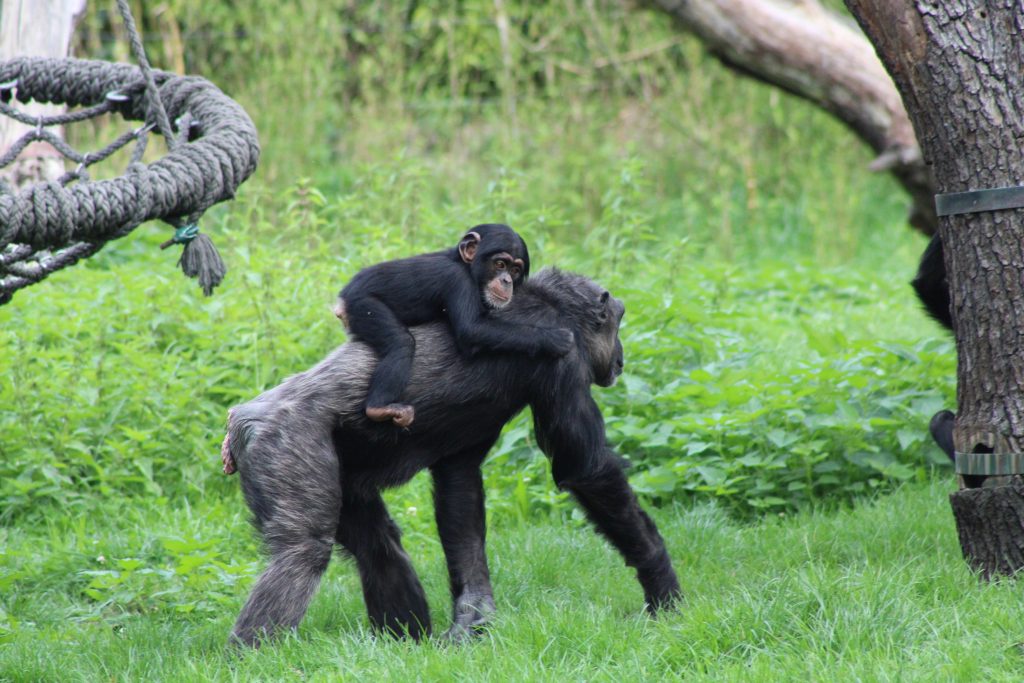Bonobos, a type of ape closely related to humans, can recognise when someone does not know something and try to help them understand, according to a new study from Johns Hopkins University in the United States.
Researchers found that bonobos can consider what others are thinking and use that knowledge to assist them. This discovery adds to evidence that apes have complex minds and social behaviours.
The study took place at the Ape Initiative research centre in Iowa, where scientists tested three male bonobos. In the experiment, a human and a bonobo sat at a table with three upside-down cups. A second researcher hid a treat, like a grape, under one of the cups. In some tests, the human could see where the treat was hidden, while in others, their view was blocked. The bonobos were more likely to point to the correct cup when they knew the human could not see where the treat was.
On average, the bonobos pointed 1.5 seconds faster and helped in 20% more trials when they realised the human needed assistance. This suggests that bonobos can hold two different perspectives at the same time—they know where the food is and understand that their partner does not.
“This shows that apes can take action when they realise someone has a different perspective,” said researcher Christopher Krupenye. Scientists now want to learn more about why bonobos communicate this way and whether they do so to change others’ thoughts or beliefs.













